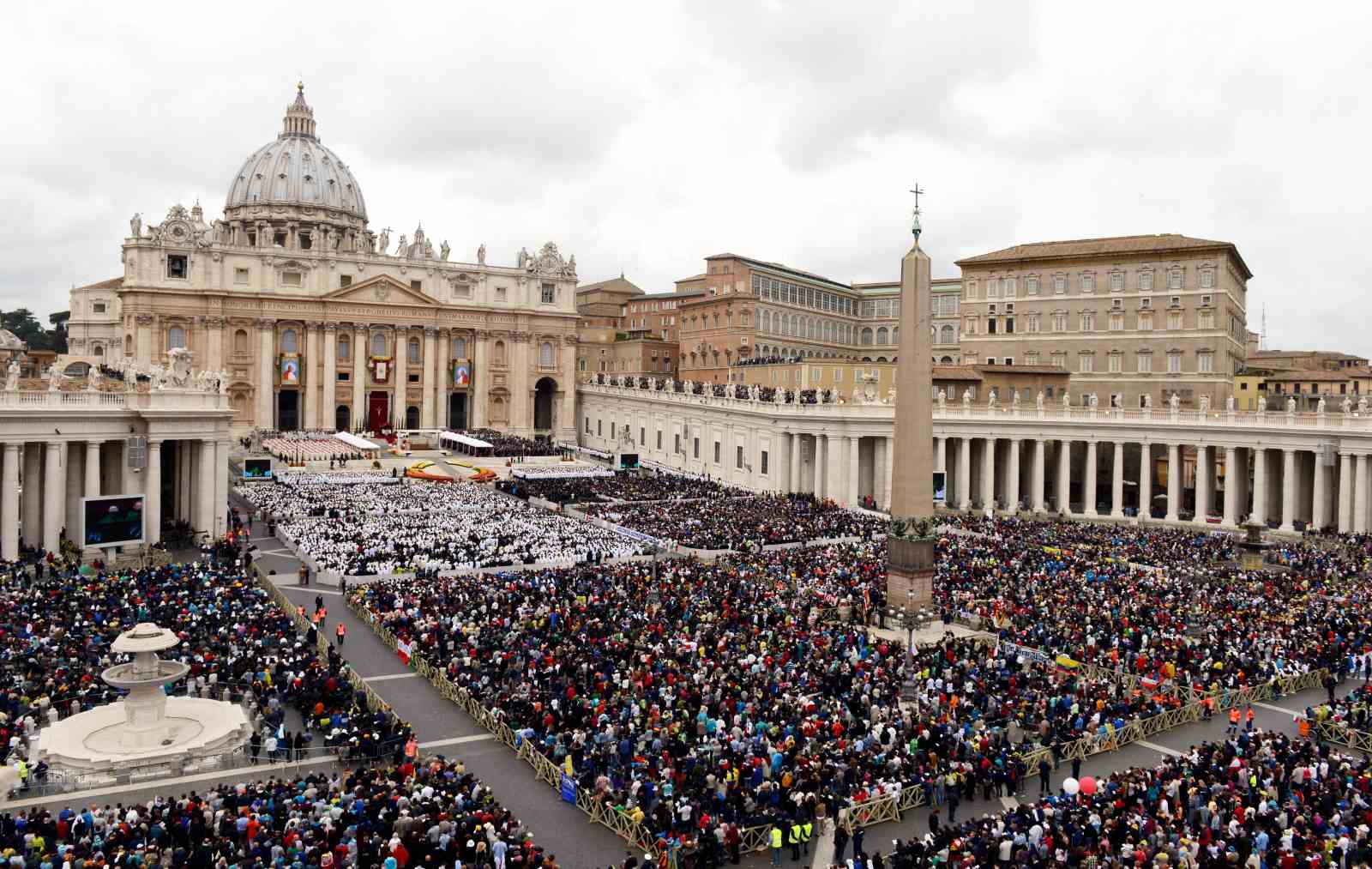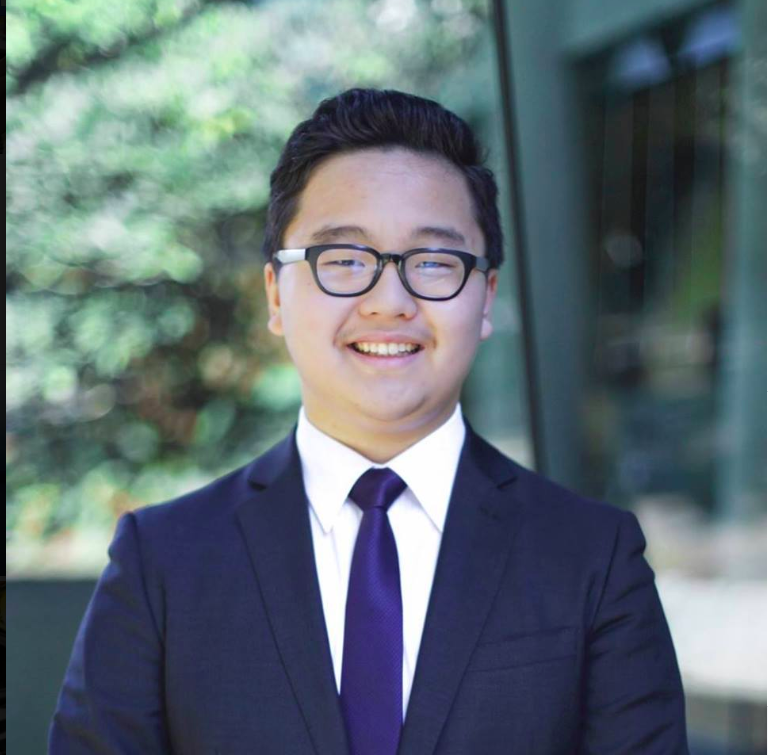Director
Kevin Roe
Kevin Roe is a Grade 10 student at Pacific Academy. He is honoured to serve as the director of the Third Vatican City Council at PacificMUN 2019 and he hopes each delegate will engage in thought-provoking discussion while having fun. Ever since the beginning of his active MUN career in grade 8, Kevin has been amazed by the engaging debates and the diplomacy in the MUN world. Throughout his short MUN career, Kevin has met several unique individuals and is grateful for all of them and hopes delegates will develop friendships like he has. Aside from MUN, Kevin enjoys learning how to win debate rounds, horribly playing the saxophone, eating good food, and drinking copious amounts of water. He looks forward to meeting everyone and anticipates enjoying the heated debate in the committee!




